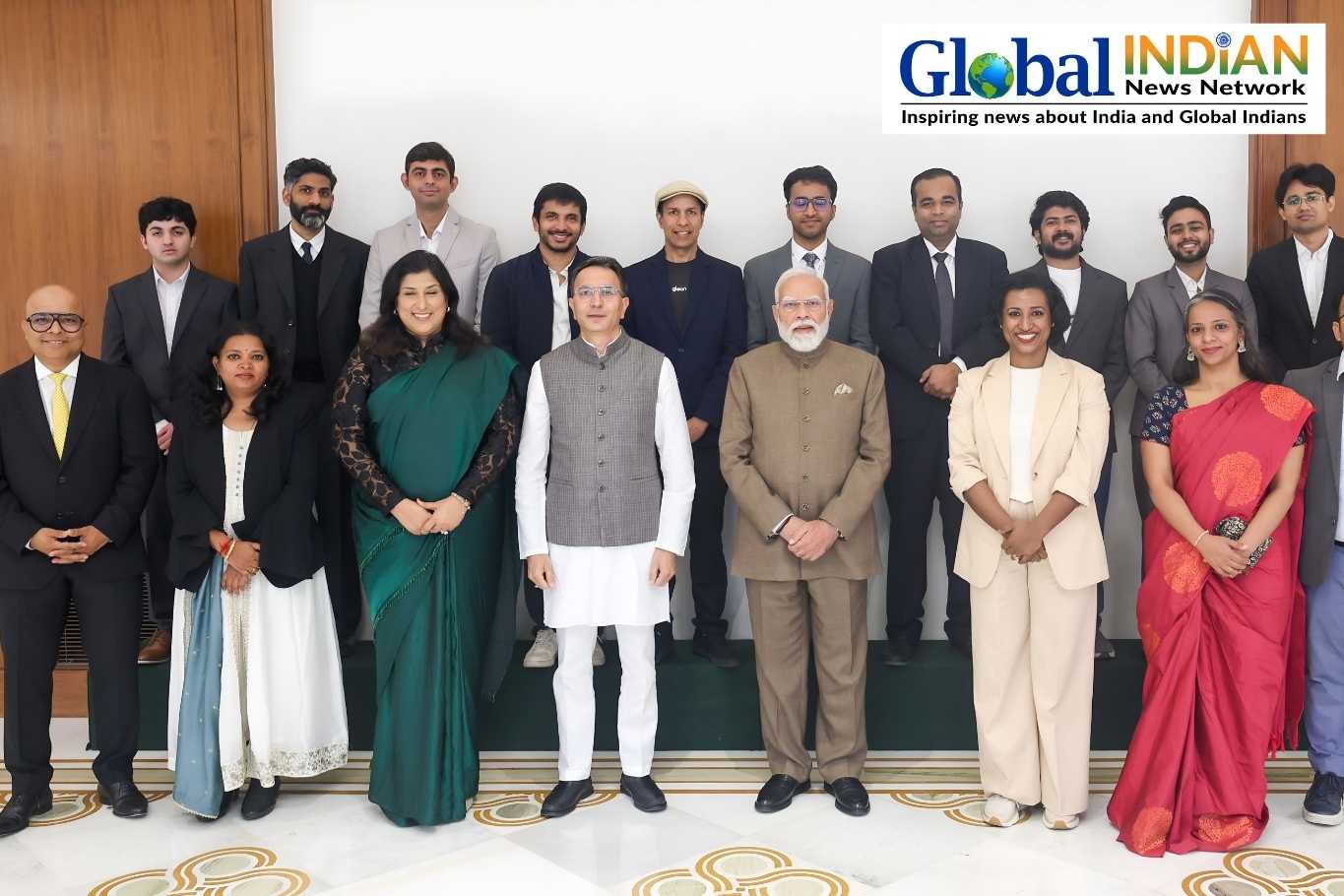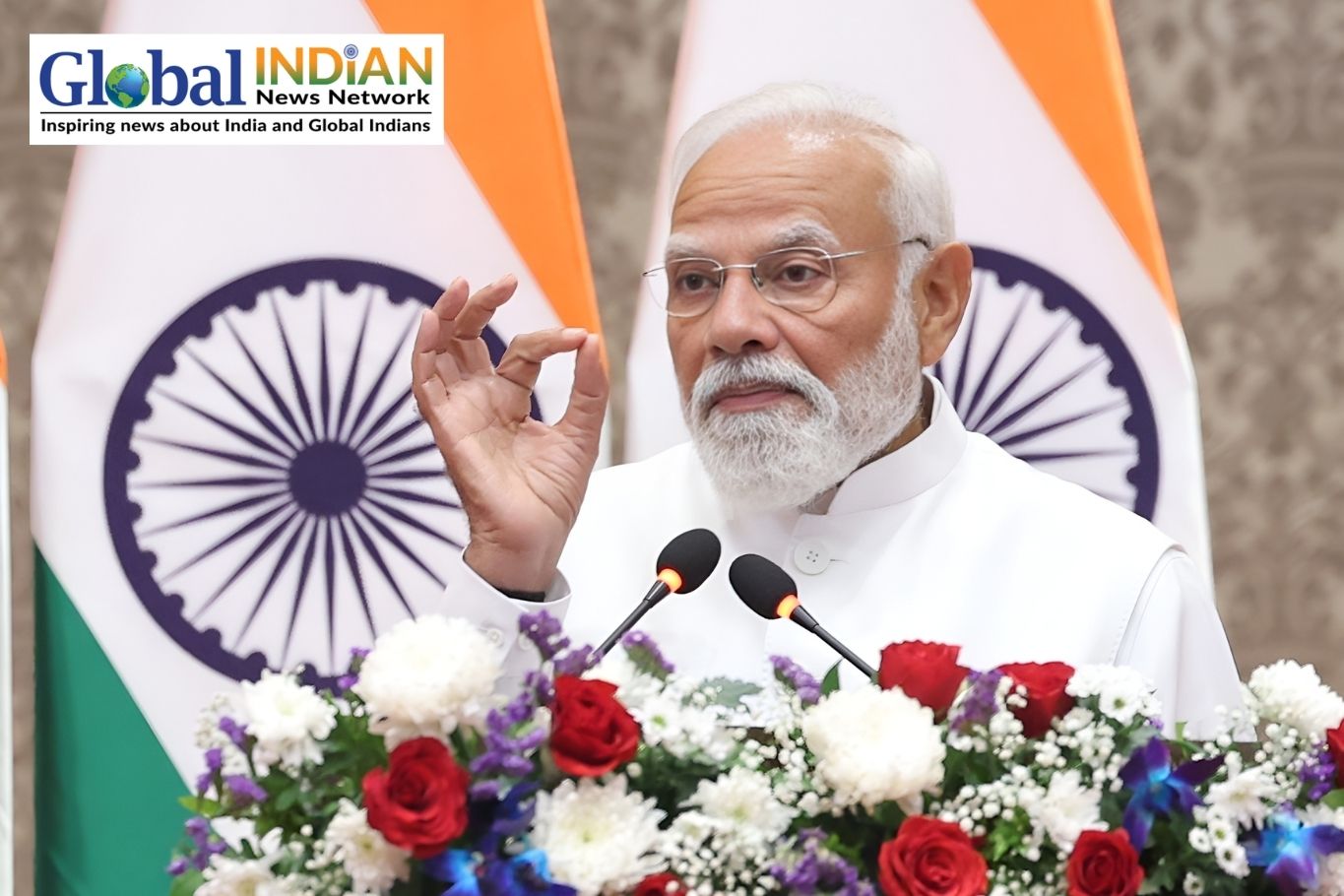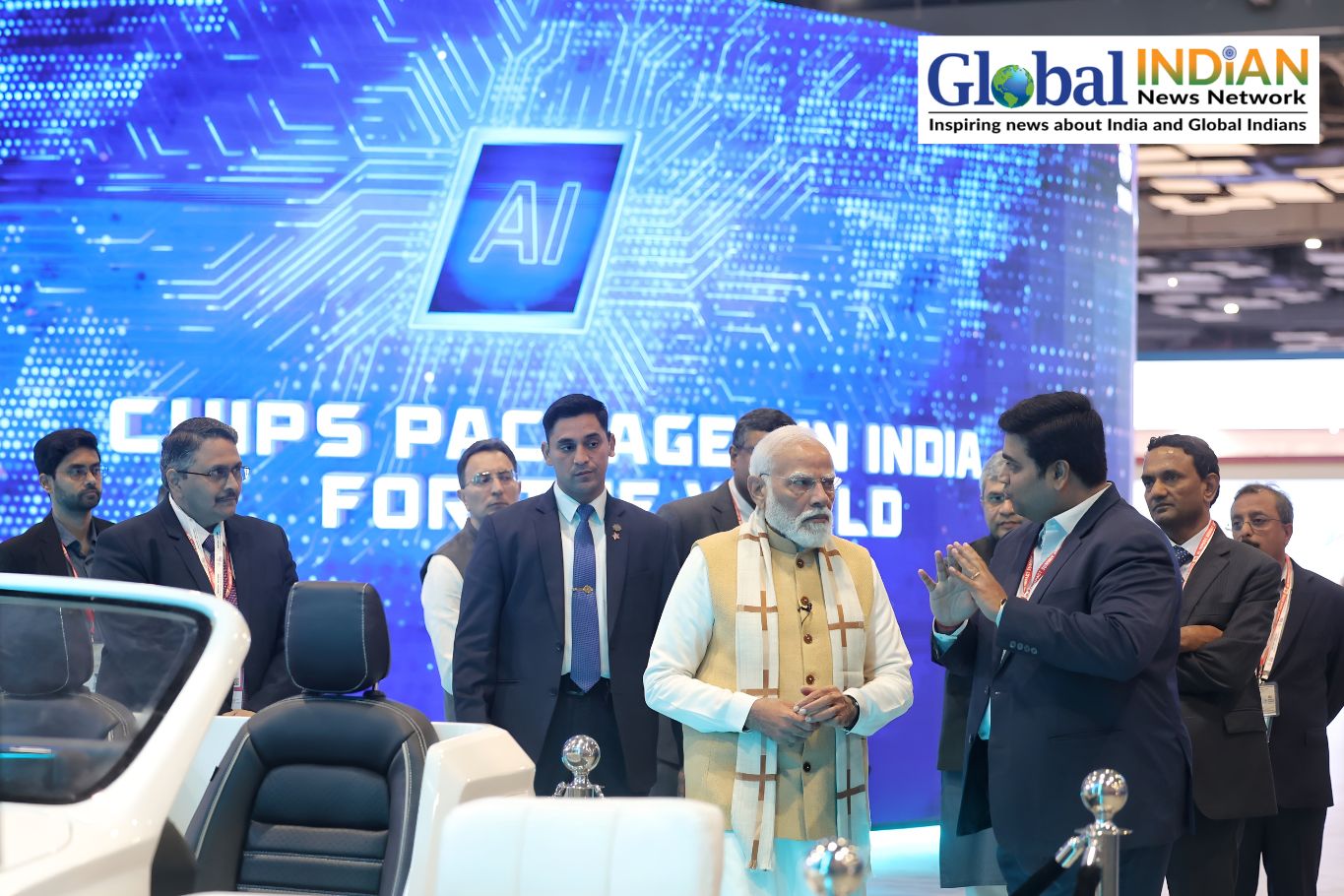
A recent report published under the US-India Initiative on Critical and Emerging Technology (iCET) highlighted India’s imminent expansion in the semiconductor value chain, buoyed by conducive government policies, a pilot visa program, and a skilled workforce. The report underscored the fierce global competition for chip investment and the strategic positioning of India to capitalize on emerging opportunities in the semiconductor sector.
Recommendations outlined in the report included fostering collaboration between the US and India in the semiconductor domain through initiatives like the CHIPS for America International Technology Security and Innovation Fund (ITSI) and instituting a pilot visa program to facilitate the exchange of skilled workers between the two nations. Additionally, it proposed forging partnerships with higher-education institutions to cultivate a semiconductor-ready workforce and ensuring continuous dialogue with stakeholders in the semiconductor industry.
Initiated by US President Joe Biden and Prime Minister Narendra Modi in May 2022, the iCET aims to elevate bilateral strategic technology partnership and defense industrial cooperation between the two nations. Authored by the Information Technology and Innovation Foundation (ITIF), the report evaluated India’s existing semiconductor ecosystem and policy frameworks, providing recommendations to foster long-term strategic development in both the US and India.
Commissioned by the Semiconductor Industry Association (SIA) and the India Electronics and Semiconductor Association (IESA), the report, titled “Assessing India’s Readiness to Assume a Greater Role in Global Semiconductor Value Chains,” aims to inform government efforts to deepen commercial ties in this critical sector. John Neuffer, president and CEO of SIA, expressed optimism about the semiconductor industry’s prospects and emphasized India’s robust value proposition amidst intense global competition.
The report also urged policymakers to explore reforms aimed at enhancing the business environment for semiconductor companies in India. This includes incentivizing chip companies through tax breaks, streamlining customs procedures, and expediting clearance times for imported goods. Ashok Chandak, president of IESA, highlighted India’s burgeoning domestic market, well-established design ecosystem, supportive government policies, and collaborative industry efforts as conducive factors for establishing semiconductor manufacturing in the country.









